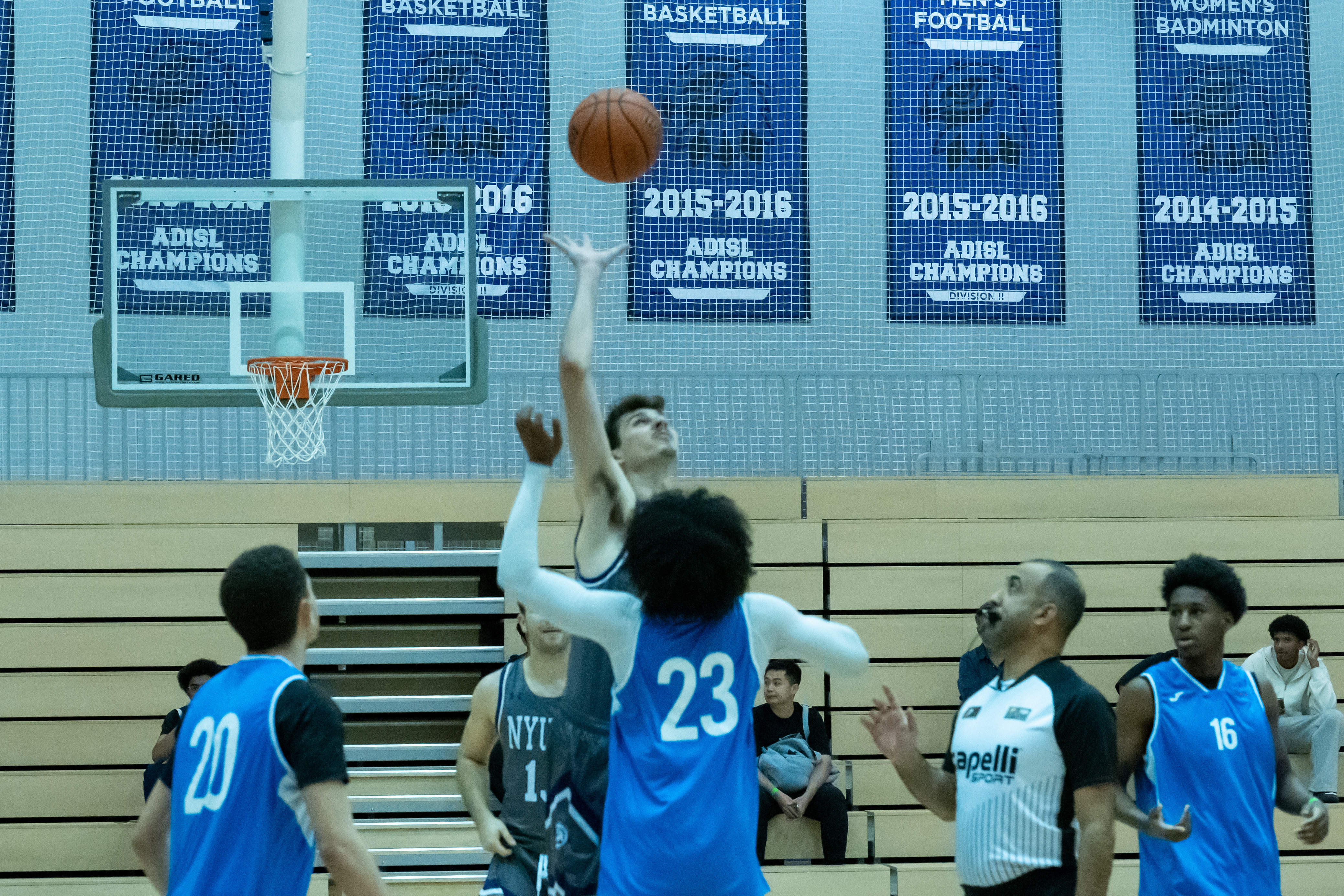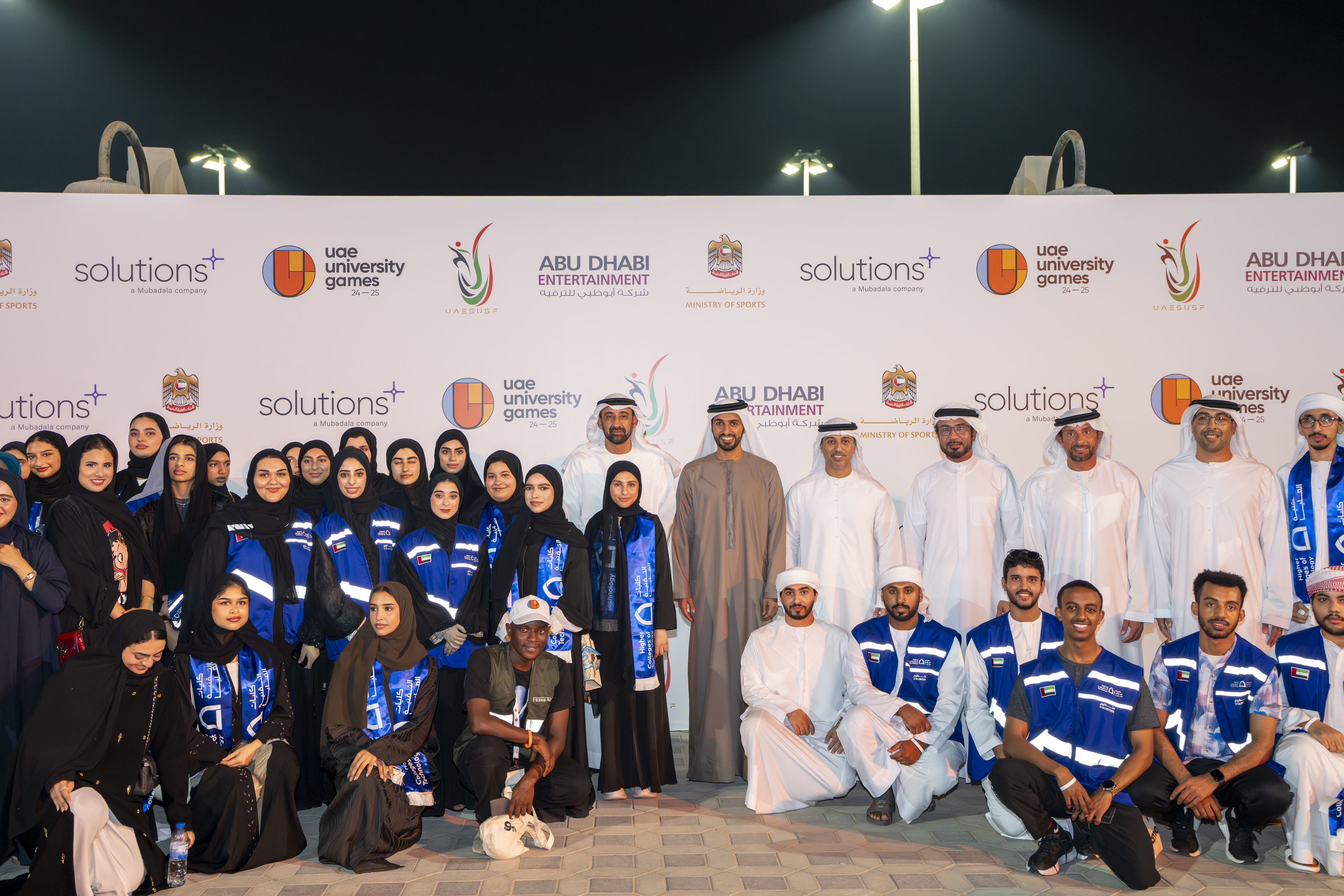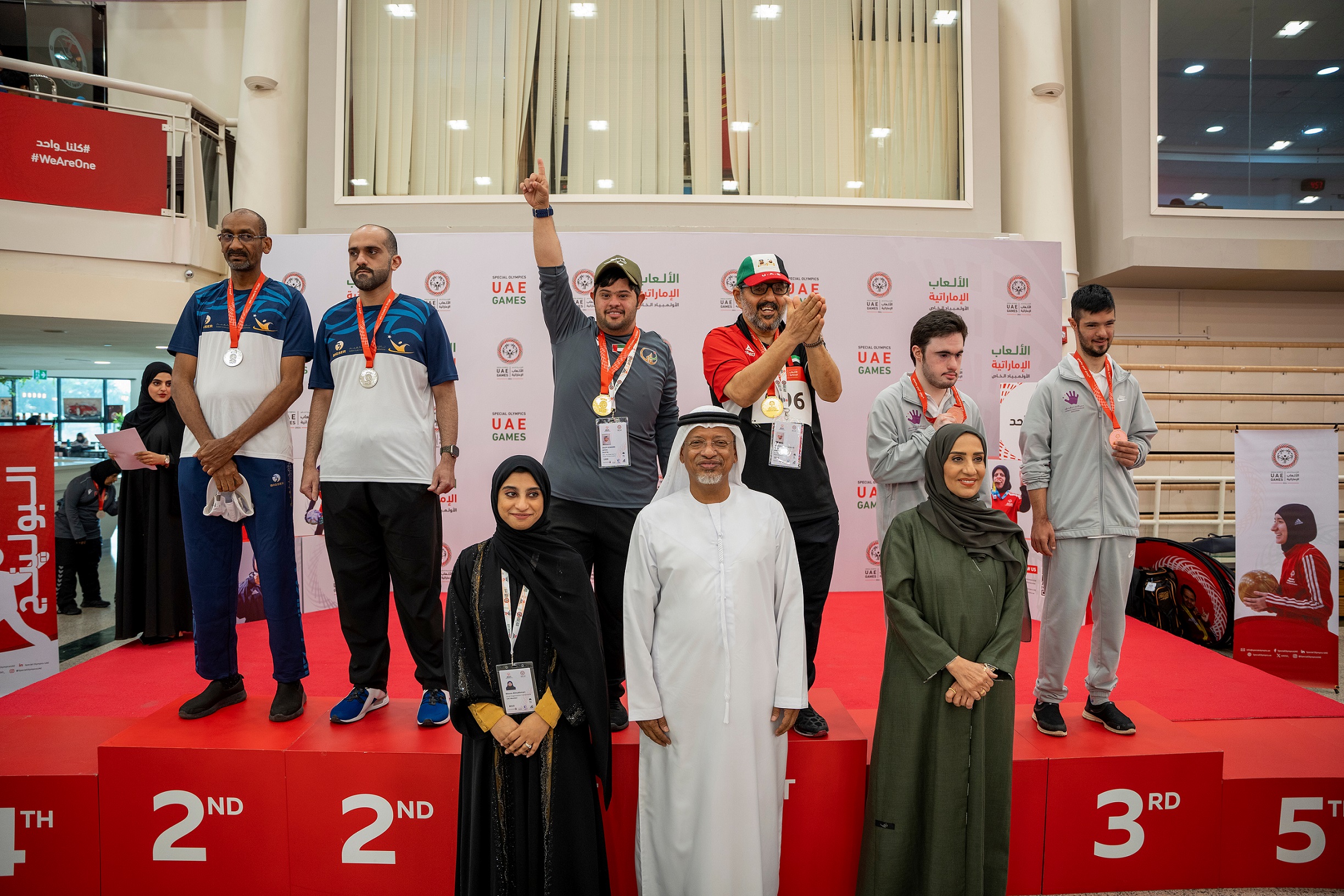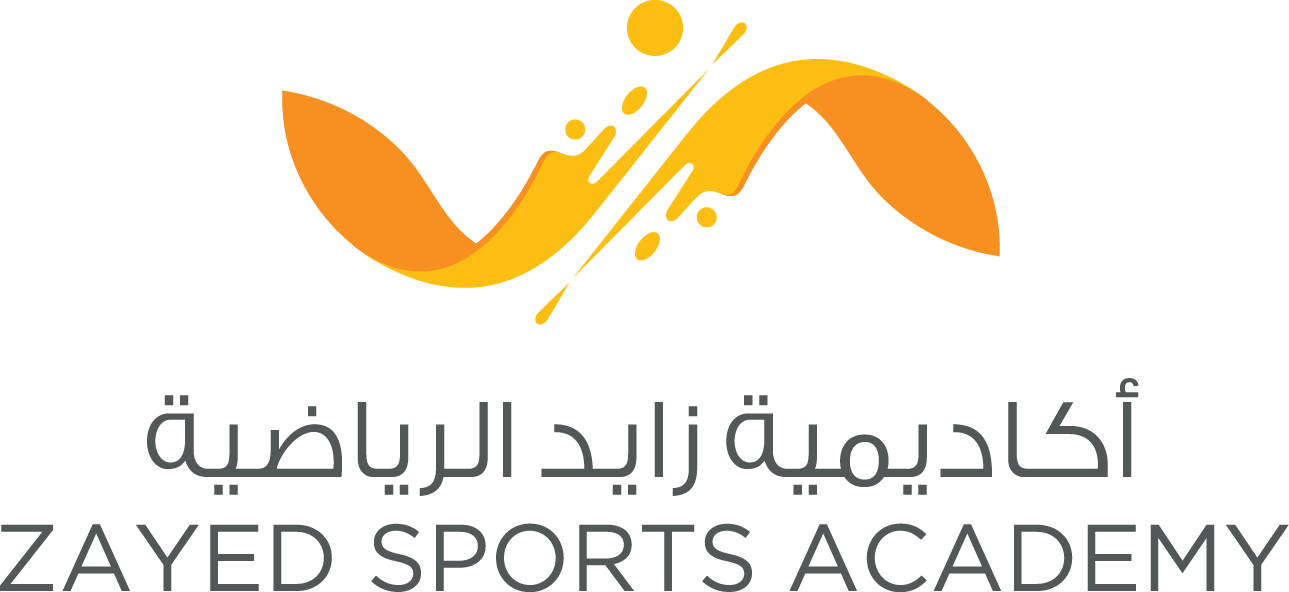Sports and Academics - Winning On and Off the Playing Field

Many parents today are focused on helping their kids achieve more academically, and a report card full of top marks is certain to give mum and dad a sense of happiness and pride. While homework help or extra tutoring are certainly effective ways of facilitating academic excellence, there is another strategy that may seem unorthodox but has been proven effective: getting kids involved in sports choose to take.
The Correlation Between Sports and Academics
Various studies have shown that kids who engage in sports regularly perform better in school.
Whether they represent their school, are working on skills through sports coaching at a local academy, or playing sports more casually, physically active children are more likely to be better students than those who are sedentary.
So, really, how does sports participation impact academic performance?
1. It helps boost memory
The hippocampus is the part of the brain that responds strongly to physical activities. Many well-controlled experiments in children and adults show that this part of the brain grows as people get fitter.
When the hippocampus becomes bigger, the person’s learning and memory capacities also increase. As a result, individuals learn faster and more efficiently. Memory improves as well.
Sports and physical activities have a positive effect on memory formation as well. When your kids are active in sports, they are helping their brains encode and store information better. They will also have an easier time retrieving or recalling this information later on.
2. It improves concentration and behaviour
Certain studies show that increased physical activity improves brain waves and neurological activity.
This means that regular sports participation can boost the level of concentration in young people over time. As a result, they can become more proficient at ignoring distractions and multitasking. They will also hold and manipulate information better in their minds as well.
Sports can also help kids improve their attitude towards school and develop some productive study behaviours such as time management. Since sports teach children about patience, dedication, resilience, and composure, they can carry these values over to other aspects of their lives, that is, inside and outside the classroom.
3. It enhances mental health
Students, regardless of their age, undergo various types and levels of stress on a regular basis. Kids who get the right amount of physical activity from sports will have an easier time coping with and overcoming their anxieties brought about by their hectic schoolwork and scheduling.
This is because, according to a report, children who are physically active have lower levels of cortisol, a hormone whose production is induced by physical and mental stress.
Kids who get enough exercise regularly have better moods as well. These feelings of happiness and optimism will further impact their study habits and their performance in
Find the Balance Between Sports and Academics
To enable your kids’ sport experience to provide benefits in their academic performance, you need to help them find the balance between these two first.
You can do this by following these tips:
1. Help your kids organise a study and sports schedule
Whether your kids are already active in programmes or are settling into something new, help them come up with an efficient study and sports schedule.
They need to plan their time to incorporate school sessions as well as sports practice games. When they have included all anticipated sessions on their calendar, help them decide when they can do homework and study. There are also lots of apps to help them map out their days.
Once they already have a daily or weekly plan ironed out, it is important that you help them follow this schedule and prioritise changes.
2. Encourage kids to avoid procrastination
Make it a habit to ask your kids if they have any homework or projects. If they do, encourage them to accomplish these as soon as possible.
Instill in them the importance of doing assignments and projects at the first opportunity instead of waiting until the last minute. Remind them that poor planning will result in them missing out on games, practices, tennis lessons for kids, or other things which they find more enjoyable.
However, make sure that your children get time to rest and relax as well. Giving them some mental space before they bury themselves in study allows them a chance to de-stress, and enables them to focus more on completing all tasks at hand when they begin.
3. Communicate and engage with your kids
Constantly communicating with your kids, which includes actively listening to them, is one of the best ways you can show your support to them. This has the ability to sustain their interest in their studies, sports and other interests.
Let your kids know that they can tell you anything, including their difficulties in school and with their chosen sport. If you have some techniques or tips you can share with your children to overcome these challenges, do so.
You can also ask them what kind of support or assistance they need, and find out if you can provide it. Support can come in the form of tutoring or changing their sports coaching schedules, for example.
Your children will definitely experience various health benefits when they start being active in sports. These benefits can spill over to their academic performance as well. However, it is important that you help your kids find the balance between these two to ensure that they find success in both areas.
Recent Posts

1,600 athletes set to compete at the University Games

The largest ball pit was achieved by Abu Dhabi Entertainment Company

Organised by Abu Dhabi Entertainment Company, Mansour The Festival to take place in the emirate

UAE Launches First University Games in Abu Dhabi

